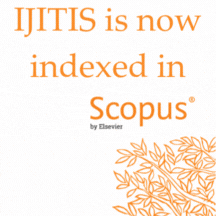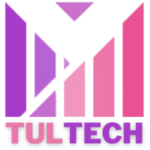The Essence of Artificial Intelligence Techniques in Ghana's Mental Health Act, 2012 (Act 846): A Survey in Mental Healthcare and Negligence Issues
DOI:
https://doi.org/10.15157/IJITIS.2024.7.2.31-41Keywords:
Mental health law, Artificial intelligence, Negligence, Machine learning, GhanaAbstract
This study analyzes the adequacy of Ghana's Mental Health Act in governing the use of artificial intelligence (AI) in mental healthcare and the protections against negligence. Through a comprehensive legal analysis and review of the Act’s provisions, alongside an examination of scholarly literature on AI use risks and benefits, negligence standards, and barriers to negligence claims, several gaps were identified. The Act lacks binding regulations on transparent AI use and liability measures necessary to protect patients. Additionally, the interpretation of negligence standards varies across different regions, and significant social barriers deter the pursuit of claims. This research represents an early legal analysis of AI oversight in the Ghanaian mental healthcare context and introduces a novel framework for assessing barriers to accessibility in negligence claims related to AI use. The findings can inform policy reforms concerning AI use standards and liability in mental healthcare and provide evidence to improve access to justice in mental health-related negligence cases. Recommendations include enacting stringent privacy and consent requirements for AI systems, standardizing minimum care duties across healthcare facilities, removing unreasonable claim caps, and funding access to legal representation. While the Mental Health Act has established some foundational protections, significant gaps remain regarding emerging risks associated with AI use in mental healthcare. Addressing these gaps through comprehensive updates is essential for enhancing both AI regulation and negligence protections.
Downloads
Published
How to Cite
Issue
Section
License
Copyright (c) 2024 Authors

This work is licensed under a Creative Commons Attribution 4.0 International License.








